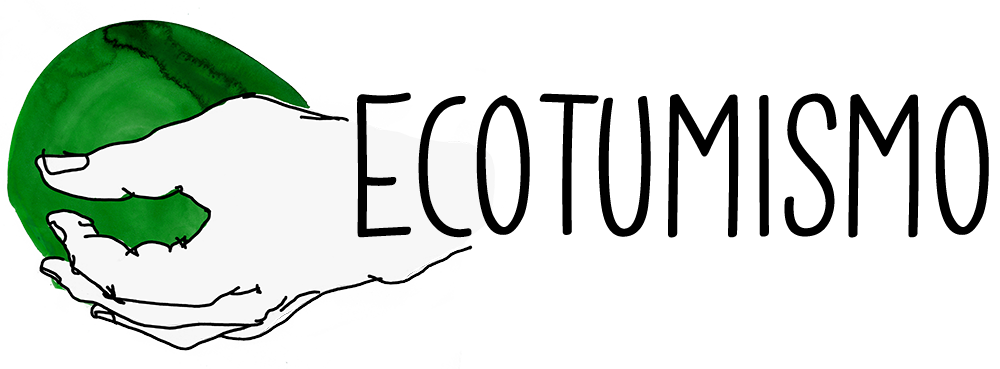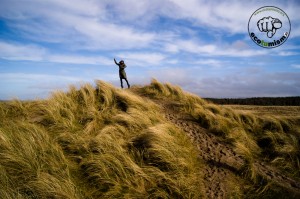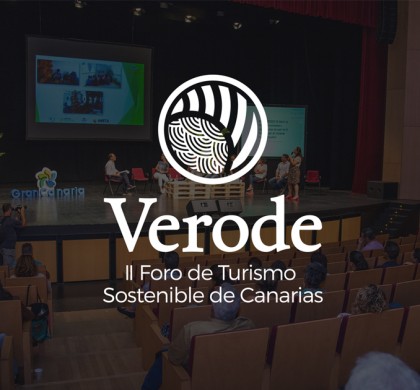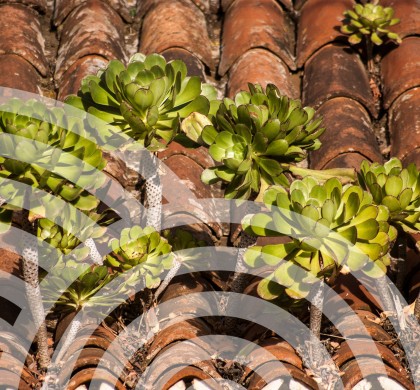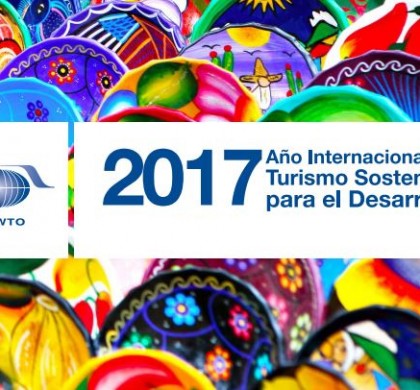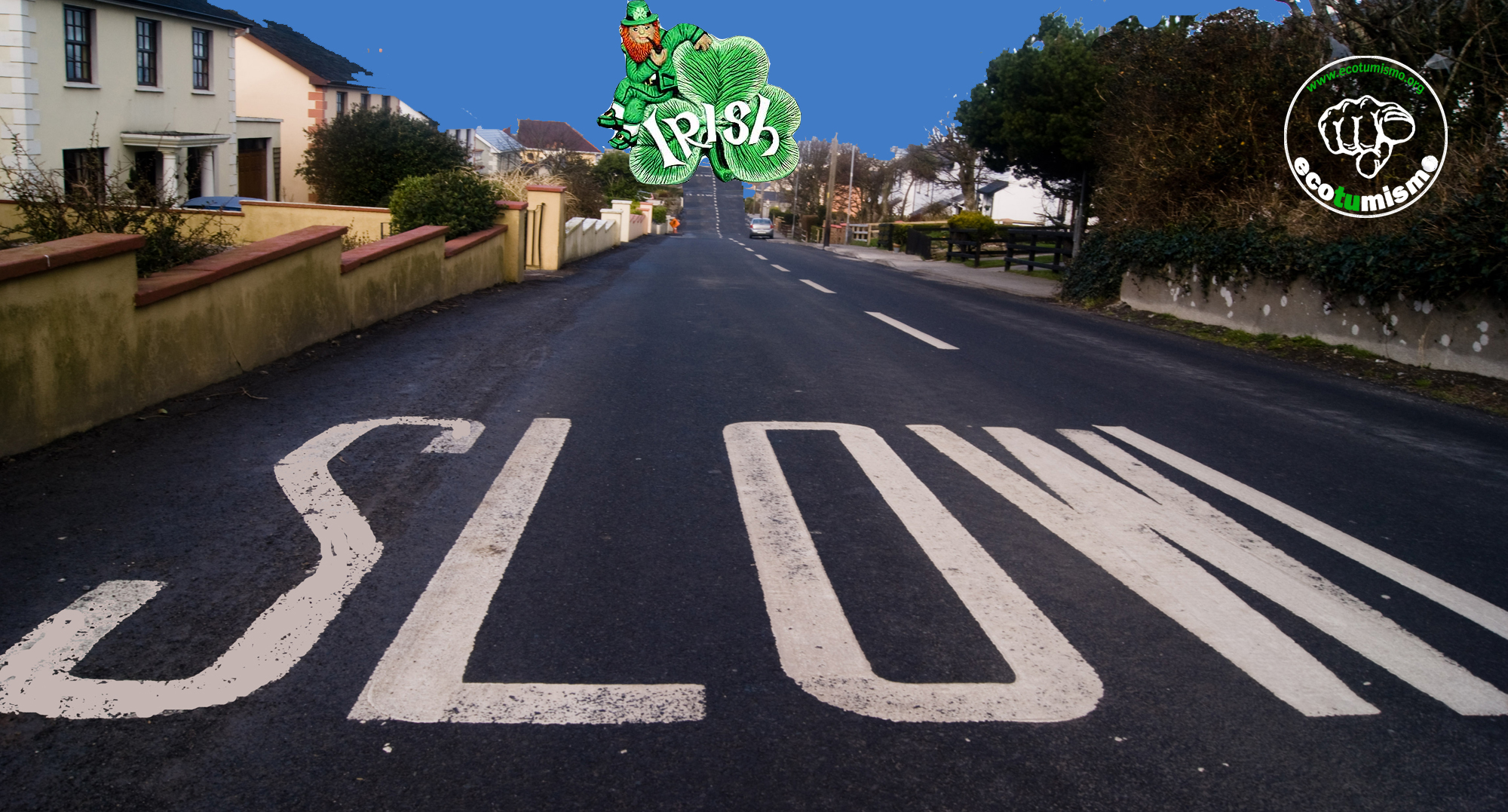 Nuestra Filosofía / Slow Life / Turismo responsable / Viajes
Nuestra Filosofía / Slow Life / Turismo responsable / Viajes
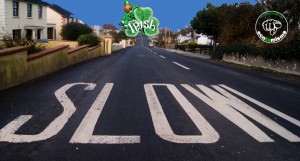 Over one month living in Ireland now and it’s the perfect moment to write my first post in English. Our Web visitors are increasing at the same rate as our web activity. However, most of these visitors are still from Spanish speaking countries. For this reason, I would like to gain the confidence of the English speaking world, in particular Ireland, where confidence in the future is low. Since our arrival, the most repeated words have been crisis and recession, even though I thought Spain had the record in this sense. Just last week, the elections marked a huge transformation in Irish politics with serious damage inflicted on Fianna Fail, the party which had been in power for generations. We are talking about a seismic change, which has taken place probably not only in the political scene, but also in the social one. During the last years of the nineties and the beginning of the new millennium, Ireland had the greatest economic growth of its entire history, called The Celtic Tiger. Suddenly, most of the Irish population was living beyond its means, thanks to the construction boom and the incentives for foreign companies. A few years ago, according to a survey entitled “The Wealth of Modern Ireland”, the Irish were buying more luxury jets than anywhere else in Europe. Nowadays, the reality is quite different and the elections results are a popular uproar against the EU bailout that, in fact, has probably returned the Irish to their real world. Once more it has proved that speed is not a good friend: does it make sense to grow more steadily and at slower pace? Absolutely!
Over one month living in Ireland now and it’s the perfect moment to write my first post in English. Our Web visitors are increasing at the same rate as our web activity. However, most of these visitors are still from Spanish speaking countries. For this reason, I would like to gain the confidence of the English speaking world, in particular Ireland, where confidence in the future is low. Since our arrival, the most repeated words have been crisis and recession, even though I thought Spain had the record in this sense. Just last week, the elections marked a huge transformation in Irish politics with serious damage inflicted on Fianna Fail, the party which had been in power for generations. We are talking about a seismic change, which has taken place probably not only in the political scene, but also in the social one. During the last years of the nineties and the beginning of the new millennium, Ireland had the greatest economic growth of its entire history, called The Celtic Tiger. Suddenly, most of the Irish population was living beyond its means, thanks to the construction boom and the incentives for foreign companies. A few years ago, according to a survey entitled “The Wealth of Modern Ireland”, the Irish were buying more luxury jets than anywhere else in Europe. Nowadays, the reality is quite different and the elections results are a popular uproar against the EU bailout that, in fact, has probably returned the Irish to their real world. Once more it has proved that speed is not a good friend: does it make sense to grow more steadily and at slower pace? Absolutely!
In terms of tourism, the news could be better too. At a meeting I attended I learned last week with Mary Mulvey, chief executive officer of Greenbox, the situation is far from optimal. When I think of Ireland I think of the potential for Eco-Tourism and Greenbox is one of the only brands out there. This is Ireland’s Eco-tourism destination, located mainly in the North West of the island, where I am living at the moment, where visitors can access responsible tourism businesses, such as organic accommodation, outdoor activities, centres of learning and many more. In this sense, Ireland should be one of the most distinguished destinations in Europe in terms of Slow Travel, a movement that values the regional diversity in the context of holidays and tourism.
What could motivate this kind of travel in Ireland? Being in untouched wildlife areas, meeting local guides and people, experiencing local culture, tasting local food and products and, in general, spending your time calmly getting to know the places and people you meet along the way, sharing journeys with them. Meanwhile in recent times, just as Ireland has led the economic growth as fast as can be imagined, visitors in Ireland and probably Irish people themselves have ignored the vast majority and most authentic part of the country: rural Ireland. It has had serious consequence: Ireland and Dublin, the capital, has positioned itself like a city break destination, thanks to the boom of low cost flights led by Ryanair. Three days visiting the most important attractions in the town and goodbye… a perfect example of fast travel.
Furthermore, times of crisis are the best times to rethink ideas and businesses. This week I am going to be at the official launch of the Burren Ecotourism Network, which will take place in Ballyvaughan, Co Clare, near the lovely town of Galway in the West coast. The Burren Ecotourism Network is going to expand a pilot programme focused on the development of a ‘national ecotourism development and accreditation programme’. It will be the first group ever to be accredited under this scheme in Ireland, helping to pioneer a growing and innovative tourism trend under the claim: “Leave a smaller footprint, stay a longer time.” Over the last month I was able to appreciate the natural beauty and rich heritage of this country. I hope the Burren Ecotourism Network can be one the first steps towards changing Ireland, not only in terms of tourism but also in terms of a new concept of life.
